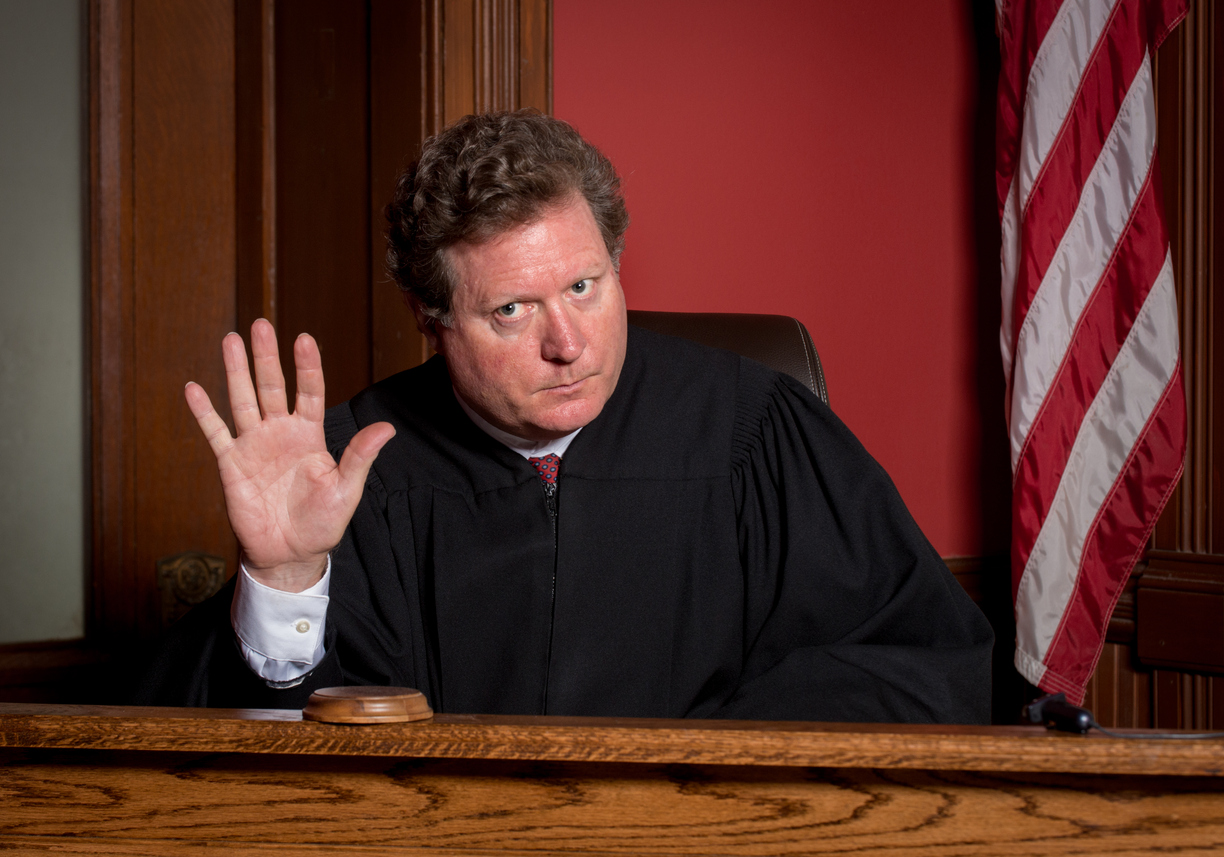New York policyholders, Thomas Woodhams and Charlene Connors, filed a claim for replacement cost damages arising out of a fire loss, but Allstate refused to pay the replacement figures. The policyholders brought suit, but the case was dismissed. Now on appeal, United Policyholders filed an amicus curiae brief on behalf of the insureds.
United Policyholders (UP) has often filed amicus briefs in insurance related cases. Their goal is to provide judges with a balanced perspective when they review cases involving insurance questions. As described by United Policyholders,
Amicus curiae (friend of the court) briefs are the vehicle through which interested parties other than the parties in a case make points for reviewing judges to consider. Judicial decisions define insurance consumers’ rights and insurance companies’ obligations, so they are critically important and have long-lasting impact.
UP points out that insurance companies and their associations routinely inundate reviewing courts with briefs arguing their views. In the majority of cases, judges get no briefs at all that advance the perspective of insureds/insurance consumers. Predictably, the results often favor the insurance industry. UP is striving to change this imbalance through their Amicus Project.
In the appeal of Woodham, Marc Ladd, from the New York office of Anderson Kill & Olick, wrote the pro bono brief. The issues on appeal are whether Allstate’s 180 day policy language violates New York’s Standard Fire Policy and whether Allstate’s 180-day policy language is ambiguous.
As background, Thomas Woodhams and Charlene Connors suffered a fire loss to their property in 2007. The necessary building permit took 180 days to be issued. They asked Allstate for an extension but, because they could not complete repairs within 180 days, Allstate would pay no more than the actual cash value of the loss. In total, Allstate refused to pay over $58,000 in replacement costs.
In litigation, Allstate argued policy required the repairs to be completed within 180 days. The insureds disagreed with this interpretation and argued that policy provisions violate New York’s statute for fire payment claims.
New York Statute §3404 on standard fire insurance policy provides that insured parties shall be entitled to:
TO THE LESSER AMOUNT OF EITHER:
THE ACTUAL CASH VALUE OF THE PROPERTY AT THE TIME OF THE LOSS, OR
THE AMOUNT WHICH IT WOULD COST TO REPAIR OR REPLACE THE PROPERTY WITH MATERIAL OF LIKE KIND AND QUALITY WITHIN A REASONABLE TIME AFTER SUCH LOSS, WITHOUT ALLOWANCE FOR ANY INCREASED COST OF REPAIR OR RECONSTRUCTION BY REASON OF ANY ORDINANCE OR LAW REGULATING CONSTRUCTION OR REPAIR, AND WITHOUT COMPENSATION FOR LOSS RESULTING FROM INTERRUPTION OF BUSINESS OR MANUFACTURE, OR
TO AN AMOUNT NOT EXCEEDING ……………. DOLLARS, BUT IN ANY EVENT FOR NO MORE THAN THE INTEREST OF THE INSURED, AGAINST ALL DIRECT LOSS BY FIRE, LIGHTNING AND BY REMOVAL FROM PREMISES ENDANGERED BY THE PERILS INSURED AGAINST IN THIS POLICY, EXCEPT AS HEREINAFTER PROVIDED, to the property described hereinafter while located or contained as described in this policy, or pro rata for five days at each proper place to which any of the property shall necessarily be removed for preservation from the perils insured against in this policy, but not elsewhere.
In the early 1990s, Allstate changed the language in its property damage policies regarding coverage of replacement or repair costs. Prior to the change, the language read:
If you decide not to repair or replace the damage[d] property, settlement will be on an actual cash value basis, not to exceed the limit of liability applicable to the building. You may make claim within 180 days after the date of the loss for any additional payment on a replacement cost basis if you repair the damaged property.
In the initial action against Allstate, the policyholders point out that this language only required a policyholder to make a claim for this additional replacement cost coverage within 180 days of the date of loss. It did not require that repairs be completed within any period of time.
In the mid-’90s, Allstate revised this policy to state the following:
If you do not … repair or replace the damage[d] building structure, payment will be on an actual cash value basis…You may make claim for additional payment … if you repair or replace the damaged, destroyed, or stolen covered property within 180 days of the actual cash value payment.
The policy also stated that:
When the policy provisions conflict with the statutes of the state in which the residence premises is located, the provisions are amended to conform to such statutes.
In 1994, The New York State Insurance Department (NYSID) approved this language, and since then, Allstate has issued policies with this language.
In New York, policies that provide coverage for loss by fire must either conform to the standard fire policy, or be approved by NYSID and must include terms and provisions that are no less favorable to the insured than those contained in the standard fire policy.
In the complaint, the insureds argued that the relevant terms of Allstate’s policies provide “less favorable” coverage than the standard fire policy.
The insureds filed suit in New York state court, but the case was later removed to the United States District Court for the Southern District of New York in New York City. The case never proceeded to the discovery phase because Allstate’s motion to dismiss was granted. On September 28, 2010, Judge Koeltl issued his Opinion and Order dismissing all claims without prejudice and judgment was entered on September 30, 2010. The insureds appealed, and the matter is still pending in the United States Court of Appeals for the Second Circuit.
Next Saturday, I will write about the arguments raised by the policyholders against the language of Allstate’s policy and the arguments raised on behalf of policyholders in the amicus brief.



